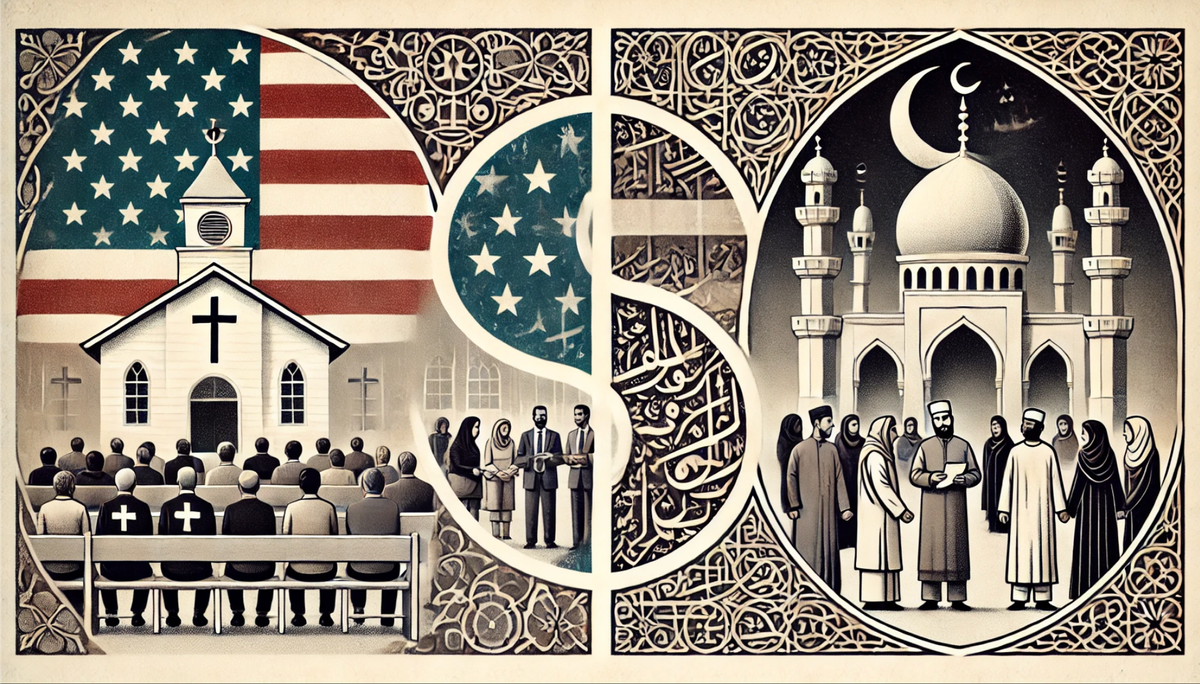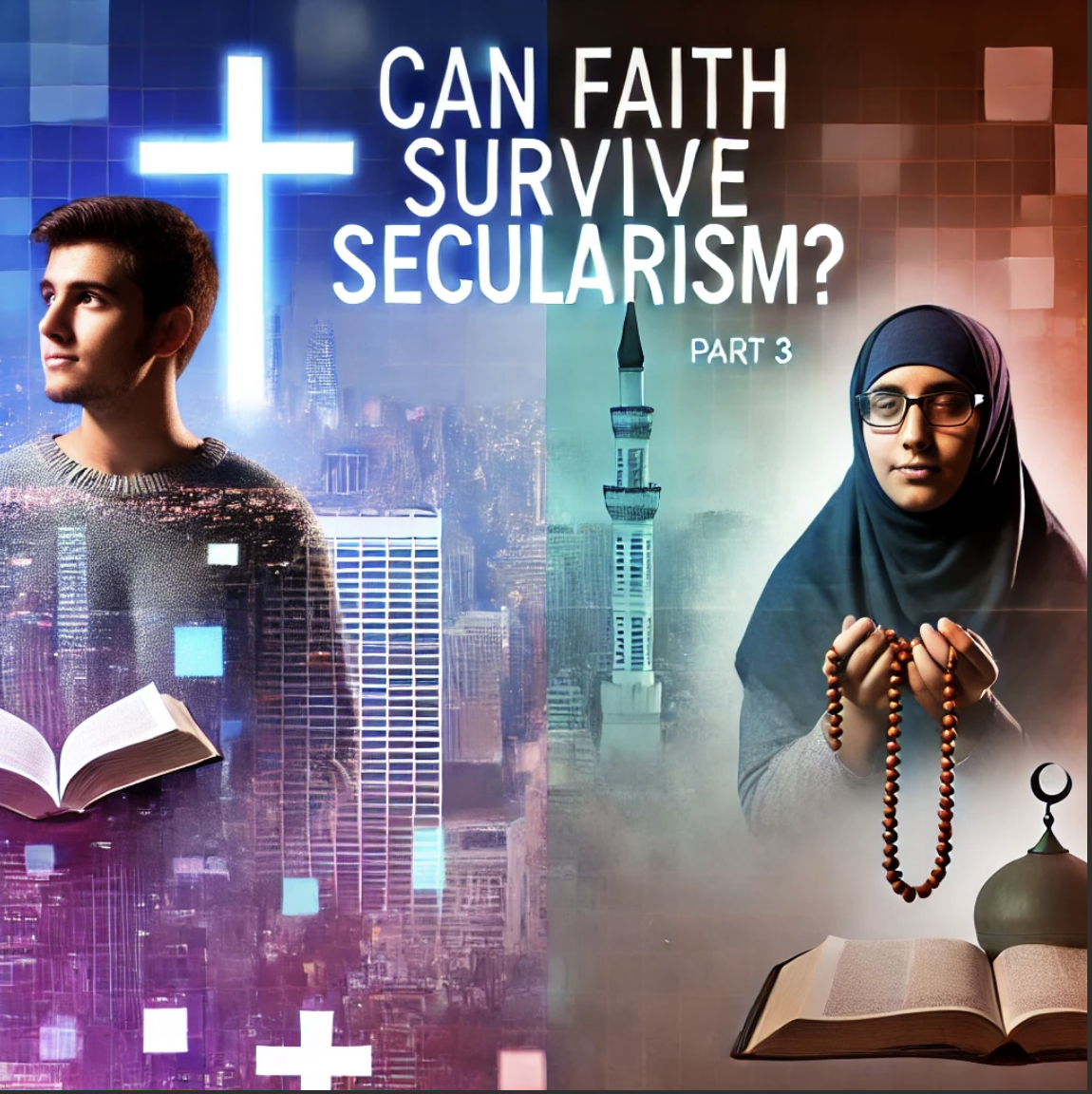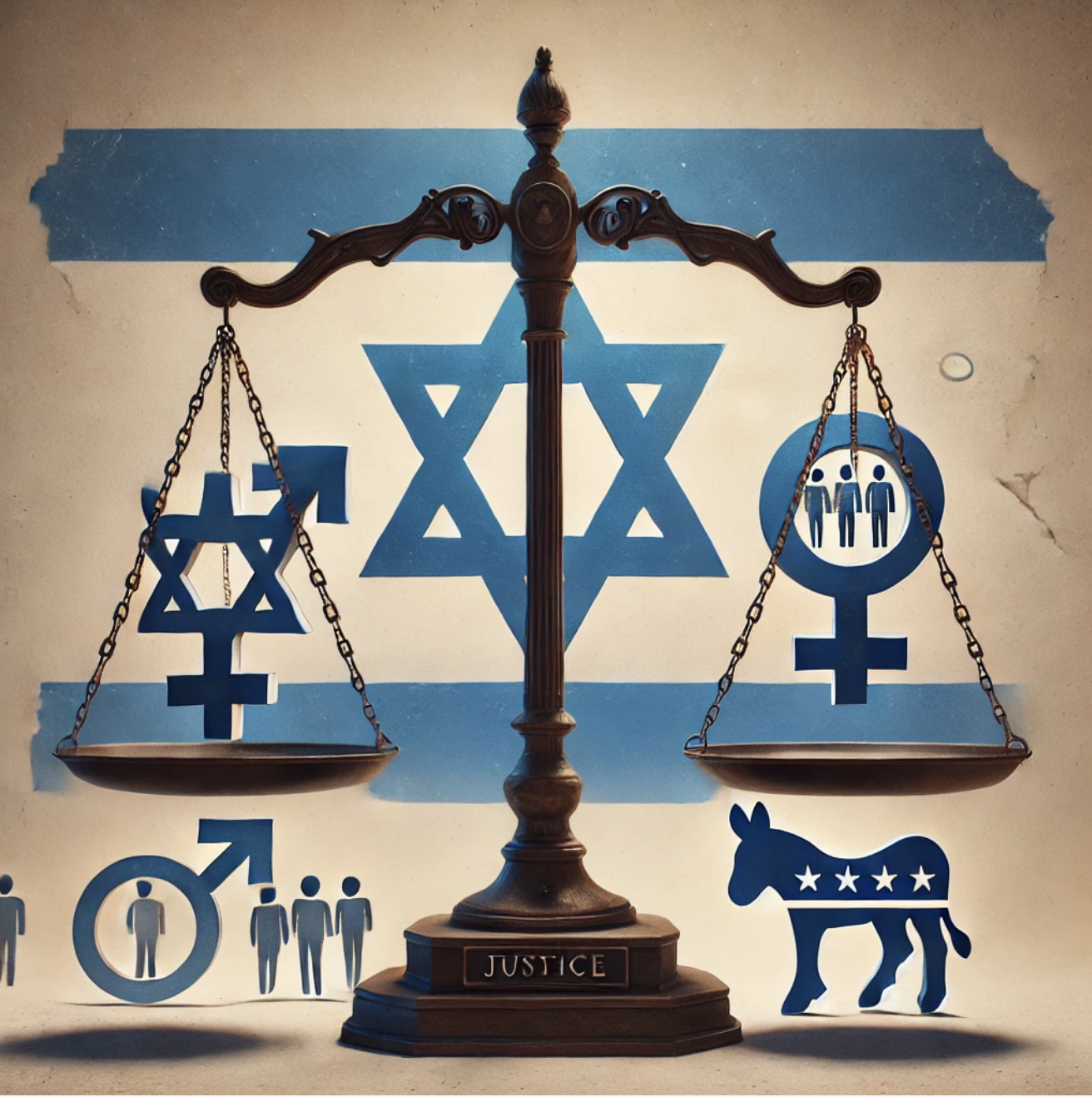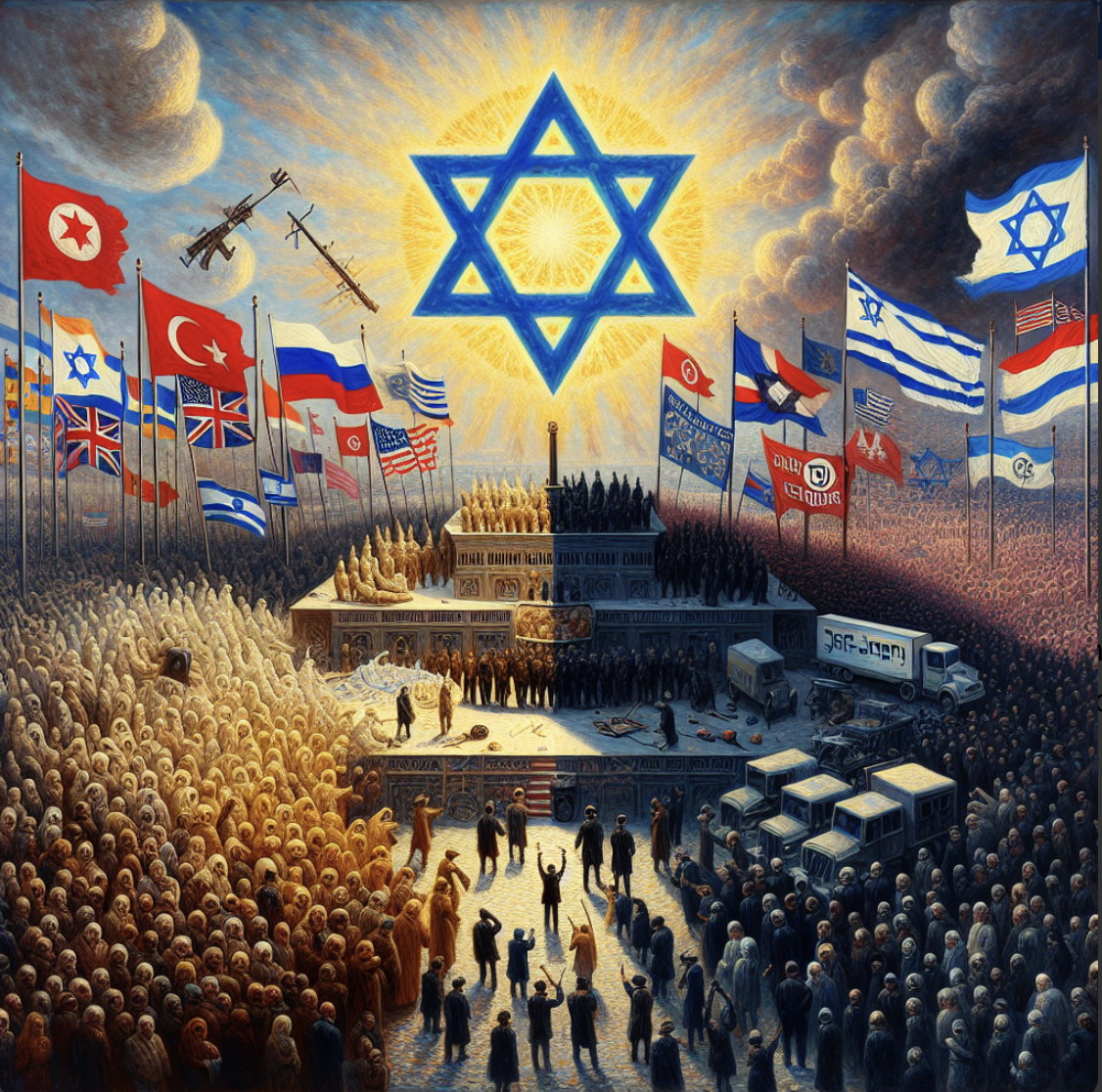

By Dr. Tim Orr
Below are my weekly updates and the series I'm working on. I'm excited to share these insights and reflections with you as we explore topics close to my heart. Whether diving into the complexities of how different faith communities navigate secular culture or discussing the latest challenges and opportunities in ministry, I hope you'll find something here that resonates with you. Enjoy reading, and as always, feel free to reach out with your thoughts or questions!
Series: How American Evangelicals and British Muslims Deal with Secular Culture
My series, How American Evangelicals and British Shia Muslims Deal with Secular Culture, is designed to help build relationships between these two communities by exploring a shared struggle that is addressed in vastly different ways.
Shared Struggles in a Secular Context
American Evangelicals and British Shia Muslims both face the challenge of maintaining their religious identities within increasingly secular societies. Despite our theological differences, we share a common struggle: navigating a cultural landscape that often marginalizes or misunderstands deeply held religious beliefs. This series focuses on these shared struggles, creating a point of connection between our communities and fostering empathy and understanding.

Theological Exploration and Comparison
I delve into how each community’s theology informs its approach to secular culture. For Evangelicals, this includes discussions on living out the gospel in a post-Christian society. At the same time, for Shia Muslims, it involves the significance of religious law and tradition in a non-Muslim context. By addressing these theological issues, my series provides a deeper understanding of how each group remains faithful to its beliefs, offering insights that can build mutual respect.
Practical Responses to Secularism
The series explores practical ways both communities engage with secular culture through education, media, community involvement, or political advocacy. By examining these practical approaches, I highlight the differences and similarities in how Evangelicals and Shia Muslims respond to the challenges posed by secularism, offering lessons and strategies that can be adapted and applied across both contexts.

Generational Challenges: Gen Z and Millennials
The younger generations within both communities face unique challenges in a secular world. I explore how Gen Z and Millennials navigate faith, identity, and culture and how each community supports its young people. This examination opens dialogues on shared generational concerns, from the influence of social media to the pressures of secular norms, providing opportunities for collaboration and mutual support.

The Role of Women
Addressing the role of women in both communities is crucial, as it often intersects with religious and cultural expectations. I explore how Evangelicals and Shia Muslims approach gender roles, leadership, and family dynamics within a secular context. By doing so, the series fosters understanding, challenges stereotypes, and provides a platform to discuss how women in both groups navigate their identities in a world that often challenges traditional roles.

Building Bridges through Dialogue
This series is not just an educational resource; it’s a catalyst for dialogue between these two communities. Addressing our shared struggles and the distinct ways we deal with secularism creates a foundation for meaningful conversations. These conversations can lead to stronger relationships, collaboration on common causes, and a deeper mutual respect, ultimately contributing to peace and understanding in an increasingly polarized world.
Through this series, I aim to provide a unique lens through which Evangelicals and Shia Muslims can see each other not as distant "others" but as communities with common challenges and opportunities for collaboration despite our theological differences.
Series on Antisemitism
Why Antisemitism Persists Today
Understanding antisemitism as a supernatural evil helps explain why it has been so persistent. Human efforts—whether through education, legislation, or dialogue—are crucial, but they’ve never been enough to eradicate this hatred. Antisemitism has an uncanny ability to adapt, reemerging in new forms and under different disguises, but always with the same destructive intent: to oppose God’s plan and His chosen people.
Today, antisemitism often hides behind political or ideological opposition to Israel. While it’s legitimate to criticize any nation, the intense, disproportionate focus on Israel, often coupled with outright demonization, echoes the same ancient hatred. It’s as if the old patterns of antisemitism have found new life in modern rhetoric.
It is Rooted in a Spiritual Battle
To answer that, we need to dig deeper. While social, political, and economic factors certainly play a role, they don’t fully explain the sheer persistence and intensity of antisemitism. There’s something more at work here—something that goes beyond the natural. From a Christian perspective, something is the supernatural nature of evil.
The Bible gives us some insight into this. The Jewish people hold a unique place in God’s plan, chosen to be a light to the nations (Isaiah 42:6). But from the beginning, there has been an enemy—Satan—who seeks to disrupt God’s plans. And one of his strategies has been to stir up hatred against the Jewish people.
This spiritual battle is evident throughout Scripture. Think about the story of Esther, where Haman plotted to wipe out the Jews—a clear attempt to thwart God’s plan for His people. Or consider the New Testament account of King Herod, who ordered the massacre of innocent children to kill the Christ child. In Revelation 12, we see a vivid image of a dragon (representing Satan) pursuing a woman (often interpreted as Israel), symbolizing this ongoing cosmic struggle.
When we see antisemitism through this lens, it becomes clear that it’s not just another form of prejudice. It’s a manifestation of a deeper, supernatural hatred—an attack on the people through whom God chose to reveal Himself to the world.
Different Ways It Manifests
I have some articles below that further illuminate how each point manifests itself. I saved Islamic antisemitism last because that is where my expertise lies. I have offered several articles under that section.
Progressive Antisemitism: In some progressive circles, where equity and social justice are key values, antisemitism can sneak in under the guise of supporting oppressed groups. Unfortunately, this sometimes leads to painting Jews as oppressors, especially in discussions about Israel, resulting in dismissive or even hostile attitudes toward Jewish people.


Right-Wing Antisemitism: This form is tied to ideas about racial purity and nationalism. It often portrays Jews as a threat to a nation’s racial or cultural identity, feeding into harmful conspiracy theories about Jewish control over things like finance, media, or politics. This kind of antisemitism pushes for exclusion or persecution to "protect" the nation’s integrity.

Christian Antisemitism: Rooted in a misunderstanding of Christian teachings, this type of antisemitism wrongly blames Jews for the death of Jesus and has led to centuries of persecution. This misinterpretation has fueled discrimination and violence, even though true Christian teachings emphasize love and acceptance for all people.

Islamic Antisemitism: This type of antisemitism comes from certain interpretations of Islamic texts, like the Quran and Hadith. These texts have sometimes been used to justify negative attitudes toward Jews, leading to hostility that some believe is supported by religious teachings.





How You Can Help:
- Share on Social Media: A simple share can spark meaningful conversations. Use hashtags like #InterfaithDialogue and #UnderstandingFaith.
- Forward to Friends: Know someone who might be interested? Send them a link to our blog or YouTube channel.
- Engage with Me: Comment, like, and subscribe to stay updated and help us grow.
Sign up for Dr. Tim Orr's Blog
Dr. Tim Orr isn't just your average academic—he's a passionate advocate for interreligious dialogue, a seasoned academic, and an ordained Evangelical minister with a unique vision.
No spam. Unsubscribe anytime.
